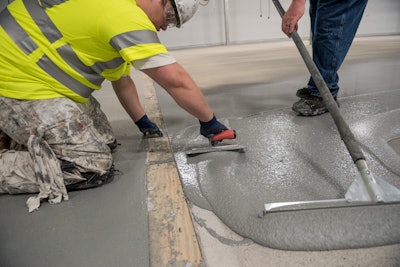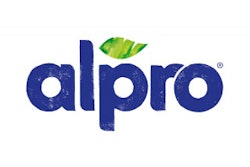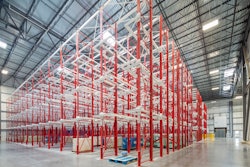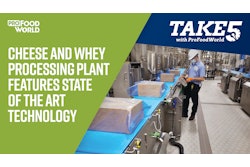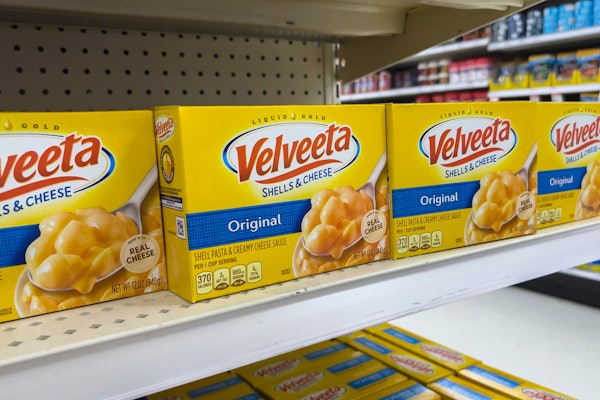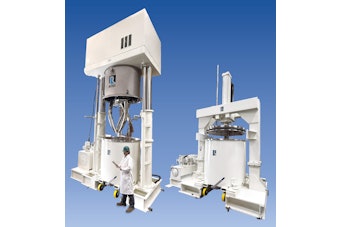BIX Produce just outside of St. Paul, Minn., chose a FasTop 12S Urethane Slurry System from Sherwin-Williams for its new 30,000 sq ft operating space. The flooring system provides thermal shock, chemical and slip resistance, cryogenic and high-heat exposure tolerance, and durability.
Photo courtesy of Sherwin-Williams
For ProFood World’s August Tech Today feature, Aaron Hand found that food and beverage manufacturers are demanding shorter schedules for flooring installations, while also looking for more sustainable options. Floors and drains must also stand up to high standards of thermal shock, caustic chemicals, and bacteria concerns.
As food and beverage manufacturers struggle to compete in an ever-changing marketplace, it’s essential that their equipment run at optimal efficiency, maintaining uptime at its highest levels. But there’s one system that takes a beating like no other and helps to support every other system in place: the flooring.
That production floor has to stand up to impacts, harsh chemicals and caustics, thermal shock, and moisture vapor transmission, and provide a stable and slip-free surface for workers to walk on. And today more than ever, the flooring is being asked to provide an extra level of bacterial protection and offer more sustainable options as well.
In a search for cleaner, more robust flooring, the industry has shifted largely from epoxies and dairy bricks to urethane cement. Food and beverage plants are looking for materials that can stand up to the harsh realities of clean-in-place (CIP) processes and be installed in less time to minimize plant downtime or to shorten project schedules.
Continue to the full article:
Flooring It: Suppliers Focus on Fast Return to Service
